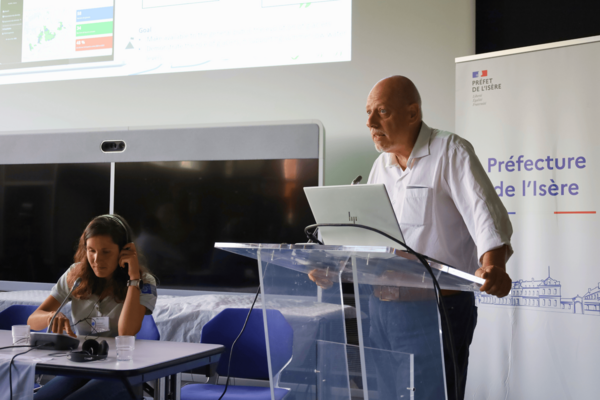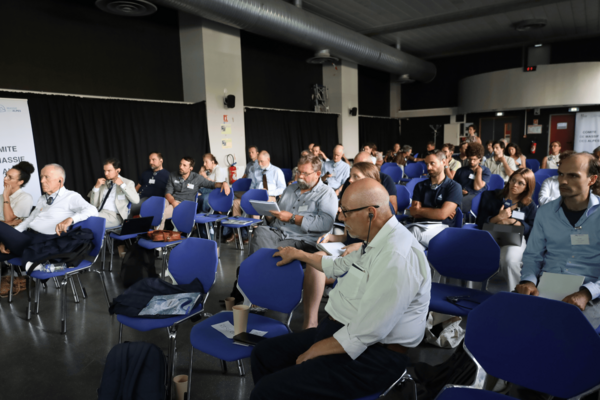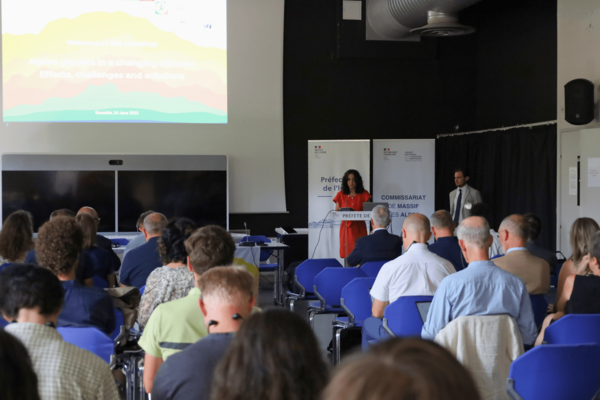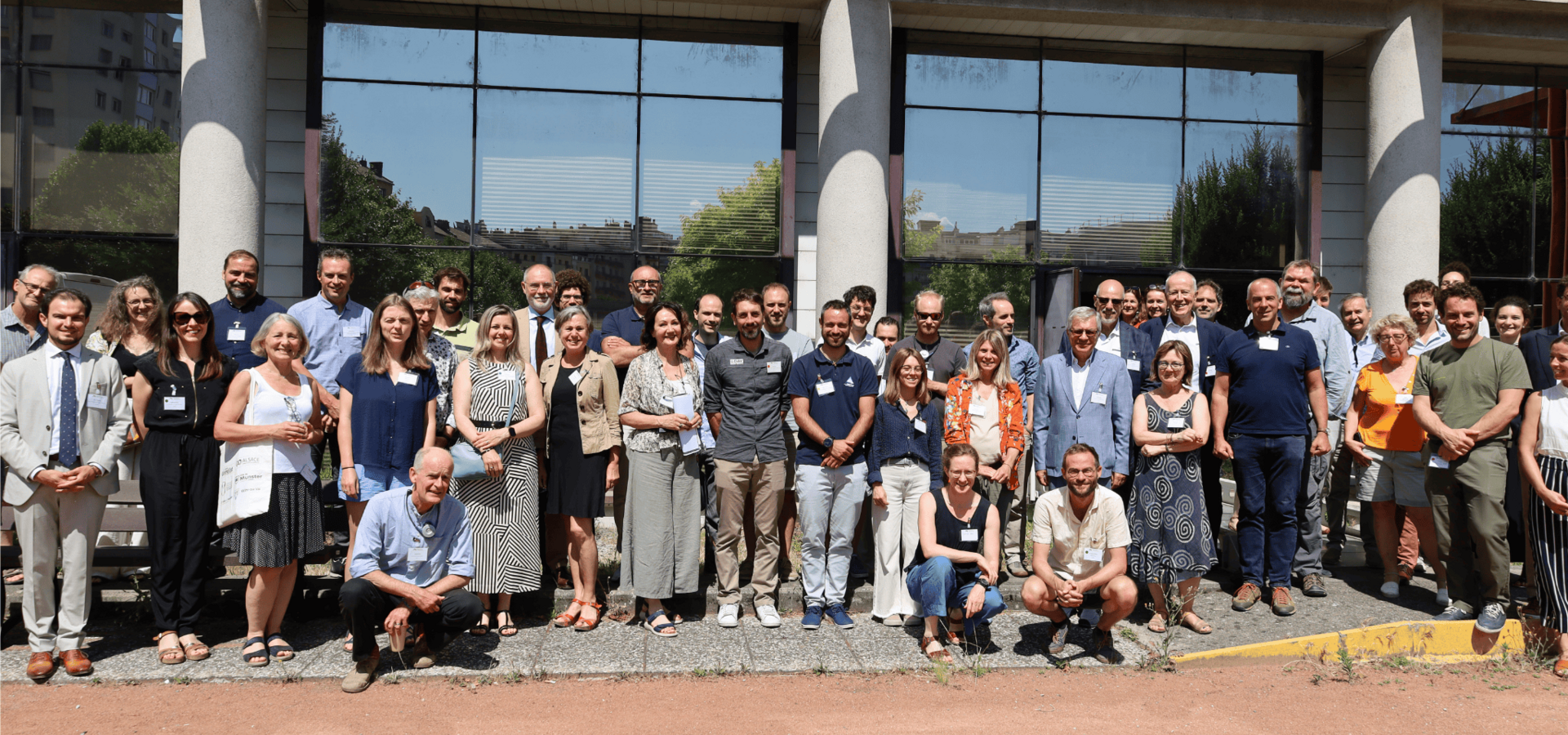Climate change is transforming Alpine glaciers and their ecosystems with significant impacts on water resources, geological stability, and biodiversity. On 24 June, experts and stakeholders met in Grenoble (France) to discuss these issues during a workshop on ‘Alpine glaciers in a changing climate: Effects, challenges and solutions’. They examined the mechanisms behind these transformations and explored possible adaptation strategies.
Glaciated areas are particularly sensitive to climate changes causing cascading effects. On regional and local scales, glacier meltwater is an important contributor to and modulator of river flows. Some of the main consequences of glacier retreat and permafrost thaw include reduced slope and rockface stability, loss of habitats for highly specialised species and changes in seasonal melting patterns, which can increase the risk of water scarcity, affecting many people and economic activities (e.g. agriculture and hydroelectric power production).



The workshop addressed glacier and permafrost changes and their cascading effects. The keynote speech was delivered by Valter Maggi from the Università di Milano on ‘Climate change and its impacts on Alpine glaciers’. Four sessions examined the impacts of climate change on glaciated areas, how to anticipate and adapt to increased risk, how to move towards a sustainable territorial transition, and the potential emerging from postglacial ecosystems for Alpine biodiversity.
The discussions gathered expert inputs for the ongoing work on the 11th Report on the State of the Alps as well as contributions to the elaboration of the Alpine Biodiversity Action Plan with respect to postglacial ecosystems that are emerging as potential new biodiversity hotspots on surfaces vacated by disappearing glaciers.

